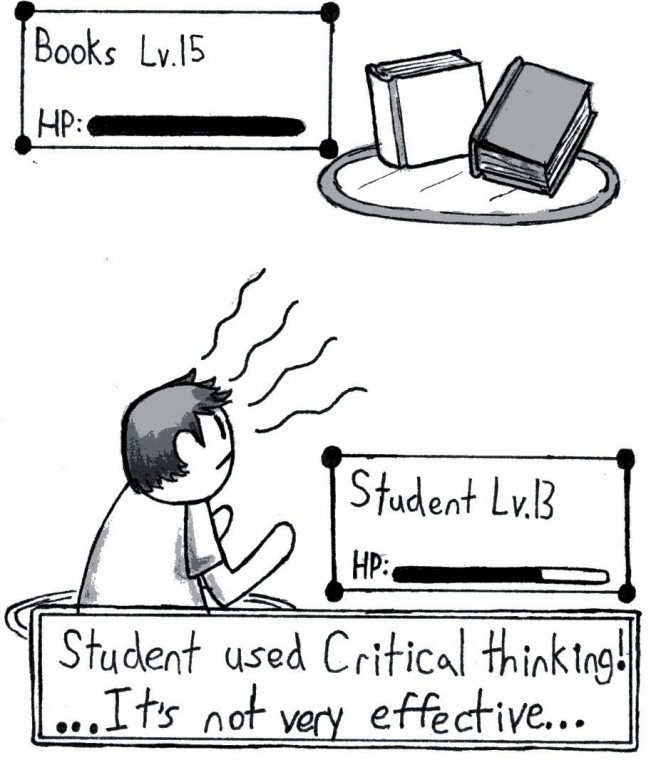NIU needs to emphasize critical thinking skills
February 20, 2011
Less than 10 percent of college seniors were proficient in critical thinking, according to the 2005 American Association of Colleges and Universities Liberal Education Outcomes report.
Additionally, 45 percent of students did not show any significant improvement in critical thinking by the end of their sophomore year, according to a more recent study done by Richard Arum of New York University and Josipa Roksa of the University of Virginia.
This is a big problem, because an inability to think critically greatly inhibits a student’s ability to write papers, construct and deconstruct arguments, and generally perform well in school.
Because of this, NIU should require its students to take a course in critical thinking before graduation.
According to Anne Britt, associate professor of psychology, critical thinking involves the comprehension and evaluation of information for both accuracy and reliability, as well as the ability to organize that information.
The problem of students not being able to think critically has become more serious with the widespread use of the Internet.
“Everyone can publish anything and make it look high quality,” Britt said. “We have to be critical because there’s no filter out there.”
A huge part of critical thinking is analyzing sources to find which information is reliable.
We do this when looking at everything from reviews of products online to finding sources when writing a paper.
It is extremely important to be able to do this effectively so we can filter out all of the bad information and base our decisions and opinions upon correct information.
Another problem, according to Britt, is that students do not know how good they are at thinking critically.
“We find a low correlation between argumentation skill and people’s perception of how good they are,” Britt said. “That’s an important thing, because if you think you’re good, then you’re more apt to have problems if you’re not actually good.”
While a lot of students are not very good at thinking critically, education on the topic has been shown to help students get better.
“Some small instruction and then practice can help students improve a lot,” Britt said.
With such a low percentage of students possessing the ability to think critically, and the fact that education can help them get better at it, I think the solution to this problem is pretty simple: require students to take a critical thinking class.
A college education is supposed to provide a student with the skills necessary to be an intelligent adult and prepare them for a future career.
However, if they graduate without the ability to think critically, then they are missing out on a huge part of that.
If students took a critical thinking course as part of their core competency requirements, then they would be better prepared to do well in just about every one of their later classes.
Furthermore, critical thinking education would better prepare graduates for jobs and allow them to be more successful after college.







